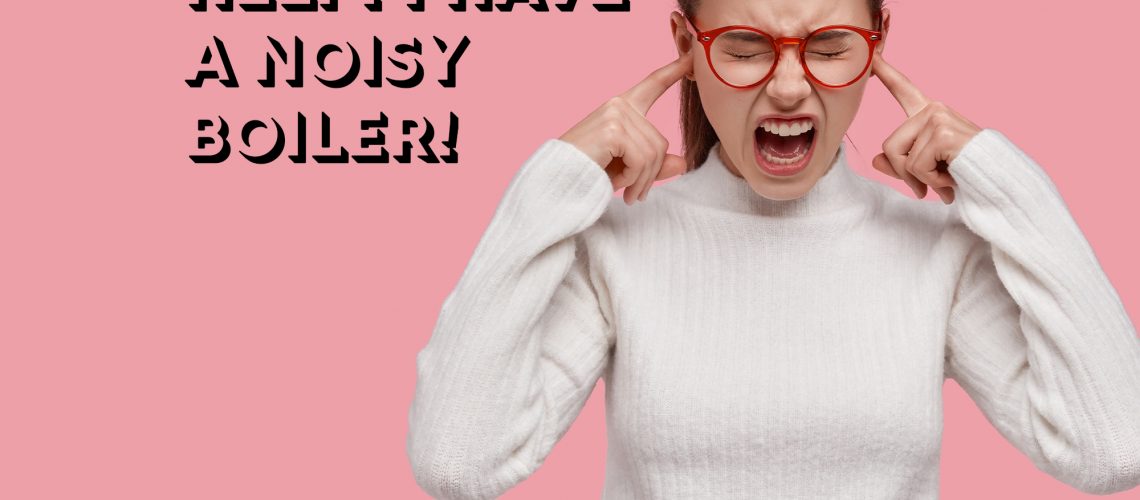‘Help! I have a noisy boiler!’ Something us engineers hear a lot. There are many reasons that a boiler or central heating produces unwanted rattles, knocks, squeaks, etc. In fact, there are so many potential issues we have split this blog into three parts, just to make it easier to digest.
>>>>>> For gas related noises, read our blog here <<<<<<
>>>>>> For electrical related noises, read our blog here <<<<<<
Your central heating boiler is the source of heat for your home. It requires input from three elements to make it work: fuel, such as gas or oil; electricity, to power the components; and water to transfer the heat around the heating system from your boiler (radiators, underfloor heating etc.). There is a lot ensuring these three supplies work safely and efficiently. In this blog we will look at the common causes associated with water for these irritation noises, and suggest the best course of action you can take to solve the issue.
Why do I have a noisy boiler? Water issues
Below is a list of unwanted noises produced by faulty boilers.
- High pitch squealing – pump
- Sloshing of water sound – condensate
- Chugging noise – sludge
- Boiling – restriction/blockage
- Rattling – case
- Knocking – scale
- Chattering – gas valve
- Hooting – fan/flue issues
- Crackling – short circuit
- Ticking – ignition
- Creaking – bearings,
- Clanking – fan
- Buzzing/Humming – gas valve, div valve, fan, pump
Boilers use water to transfer heat to radiators, hot water cylinders, underfloor heating and other heating elements. The central heating system has a circuit of pipes that connect everything together. Within this network, various components provide the system with circulation and control. The gas boiler generates enough heat from burning fuel to supply the system, regulated by thermostats and valves. And finally a pump in the system moves the water throughout the circuit, reducing heat loss as much as possible.
How can I fix a noisy boiler?
Well, there is some good news. Unlike a gas related noise issue (see our other blog on that here), a few water problems are fixable by you. Primarily issues where air is trapped in the system and it requires bleeding. These noises appear as knocking noises in radiators or pipework. Check to see if the a radiator has air by turning the heating on and feeling the top of the radiator. If it cold at the top and warm at the bottom, air is present. Turn the system off and then bleed the radiator.
Knocking noises present themselves in other parts of the heating system. Boilers affected by scale or sludge cause circulation issues and affect efficiency; the heat exchanger becomes restricted and sounds laboured. This is an expensive issue to fix which affects all components in a heating system.
Air is a big issue
Next problem relates to the air issue which is a lack of pressure in the system. A pressure gauge on the boiler indicates the current pressure level. Some boilers lockout when the pressure drops below a safe zone. When you bleed radiators, the pressure in the system drops because you have removed the air trapped in the radiator. Components, such as pumps will produce unusual sounds due to this, which is why many boilers shut down automatically for protection. To solve, simply turn off the boiler, let it cool down and top up to the required working pressure level.
The remaining noisy boiler issues related to water require the expertise of a plumber, and in some cases a Gas Safe Registered professional. If you would like any advice on your central heating, please get in touch.

